
Oldest Iberian city unearthed in Contestania
Archaeologists from the University of Alicante and the University of Murcia have uncovered the oldest largest Iberian city in the major Iberian city of Ilici (modern Elche in southeastern Spain), providing invaluable insights into Iberian society and its historical context.
Archaeological excavations at the site have been ongoing since 2017. the excavations have found remains that provide a better understanding of the underlying site, which dates back to 500 BC.
Despite the lack of architectural remains to support the degree of complexity and development of Iberian society, researchers were already aware of the site’s importance due to previous discoveries, such as the well-known statue of Our Lady of Elche.
Alberto Lorrio, professor of Prehistory at the University of Alicante and director of the project, explains: “This area was known because of the size of some of the finds found, among which the statue of Our Lady of Elche undoubtedly stands out. But we needed to find architectural remains that would explain the importance of the Iberian groups that settled there and allow us to know what the society of the time was like,” explains Alberto Lorrio.
Alberto Lorrio is conducting the research together with Héctor Uroz, professor of Ancient History at the University of Murcia.
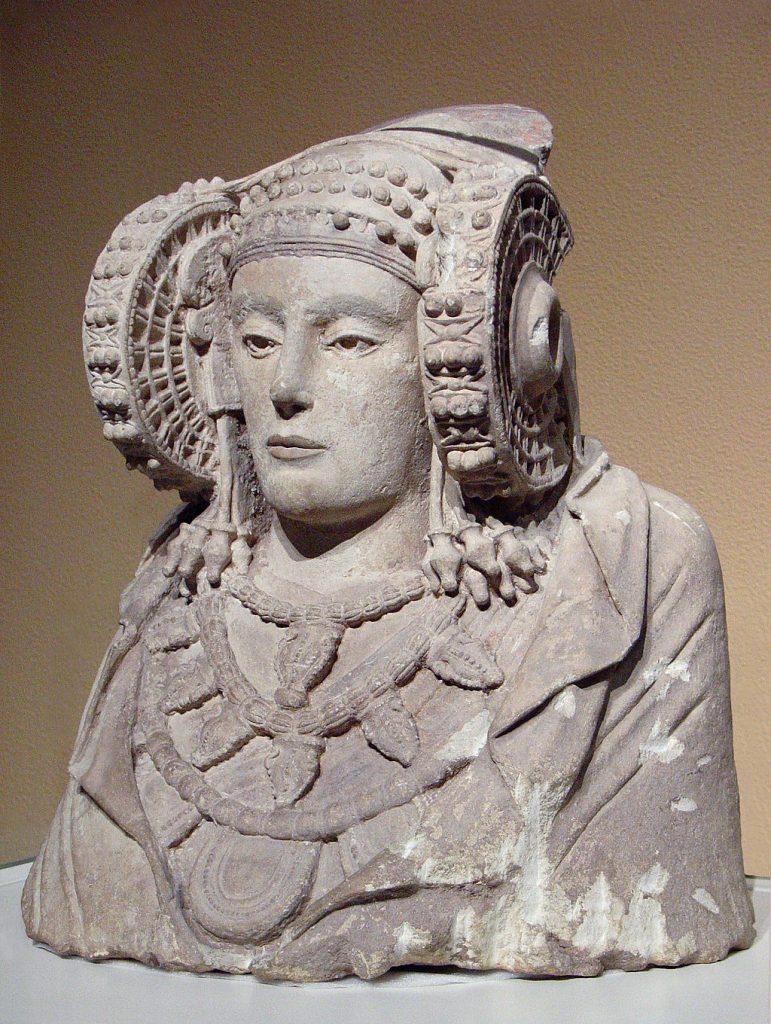
In addition to the fortifications, eight rooms belonging to houses attached to the foundation wall were discovered, indicating that Ilici was one of the most important cities in the Iberian region of Contestania, which today includes the provinces of Alicante, Murcia, Albacete and part of Valencia. This new information confirms that La Alcudia was home to the first metropolis, the first major Iberian city in Contestania.
The enclave discovered in L’Alcúdia “is the first metropolis, the first major Iberian city of Contestania and the oldest. There is no older one of this size,” says Professor Uroz.
The find helps clarify daily life in the city and provides context for the Iberian elite who commissioned statues such as the Lady of Elche. Lorrio emphasizes that these discoveries contribute significantly to our understanding of the history and archaeology of the site, making them even more important than the discovery of another statue.
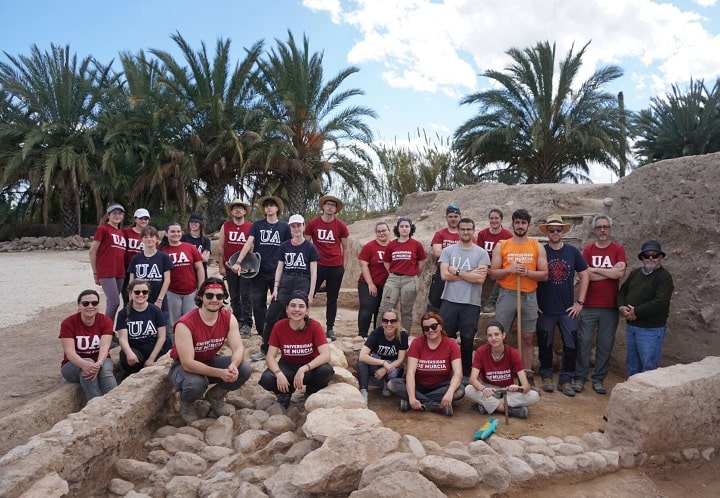
Due to frequent flooding, the former inhabitants decided to leave the area, which is why the remains are so perfectly preserved. Before leaving, they filled in the houses, which helped preserve the buildings and allowed archaeologists to learn about unusual construction techniques, such as the use of molded mud or adobe walls.
The excavation phase is complete and now, with the enclosed space for its preservation, the researchers have begun the phase of laboratory analysis of the fragments found. In the next campaign, the excavation of the dwellings will be extended into the interior of the settlement in order to get a complete picture of the earliest Iberian phases of the excavated sector.
Damas y Héroes. Tras la Ilici ibérica Project
Cover photo: View of the 2024 University of Alicante campaign excavation in l’Alcúdia. University of Alicante
You may also like
- A 1700-year-old statue of Pan unearthed during the excavations at Polyeuktos in İstanbul
- The granary was found in the ancient city of Sebaste, founded by the first Roman emperor Augustus
- Donalar Kale Kapı Rock Tomb or Donalar Rock Tomb
- Theater emerges as works continue in ancient city of Perinthos
- Urartian King Argishti’s bronze shield revealed the name of an unknown country
- The religious center of Lycia, the ancient city of Letoon
- Who were the Luwians?
- A new study brings a fresh perspective on the Anatolian origin of the Indo-European languages
- Perhaps the oldest thermal treatment center in the world, which has been in continuous use for 2000 years -Basilica Therma Roman Bath or King’s Daughter-
- The largest synagogue of the ancient world, located in the ancient city of Sardis, is being restored

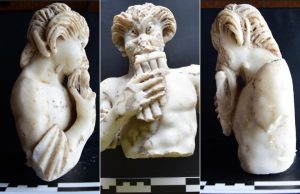
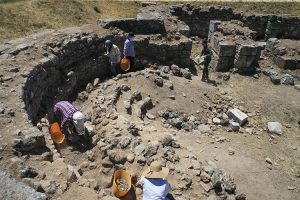
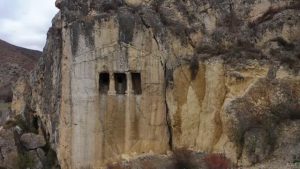
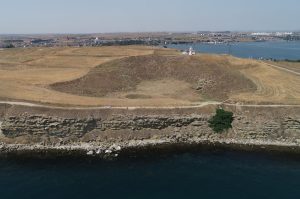
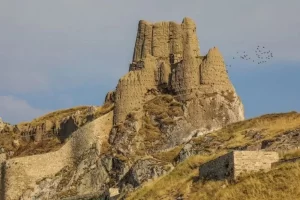



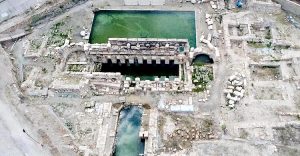
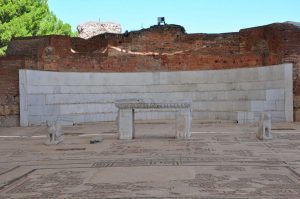
Leave a Reply